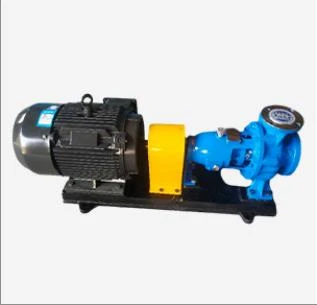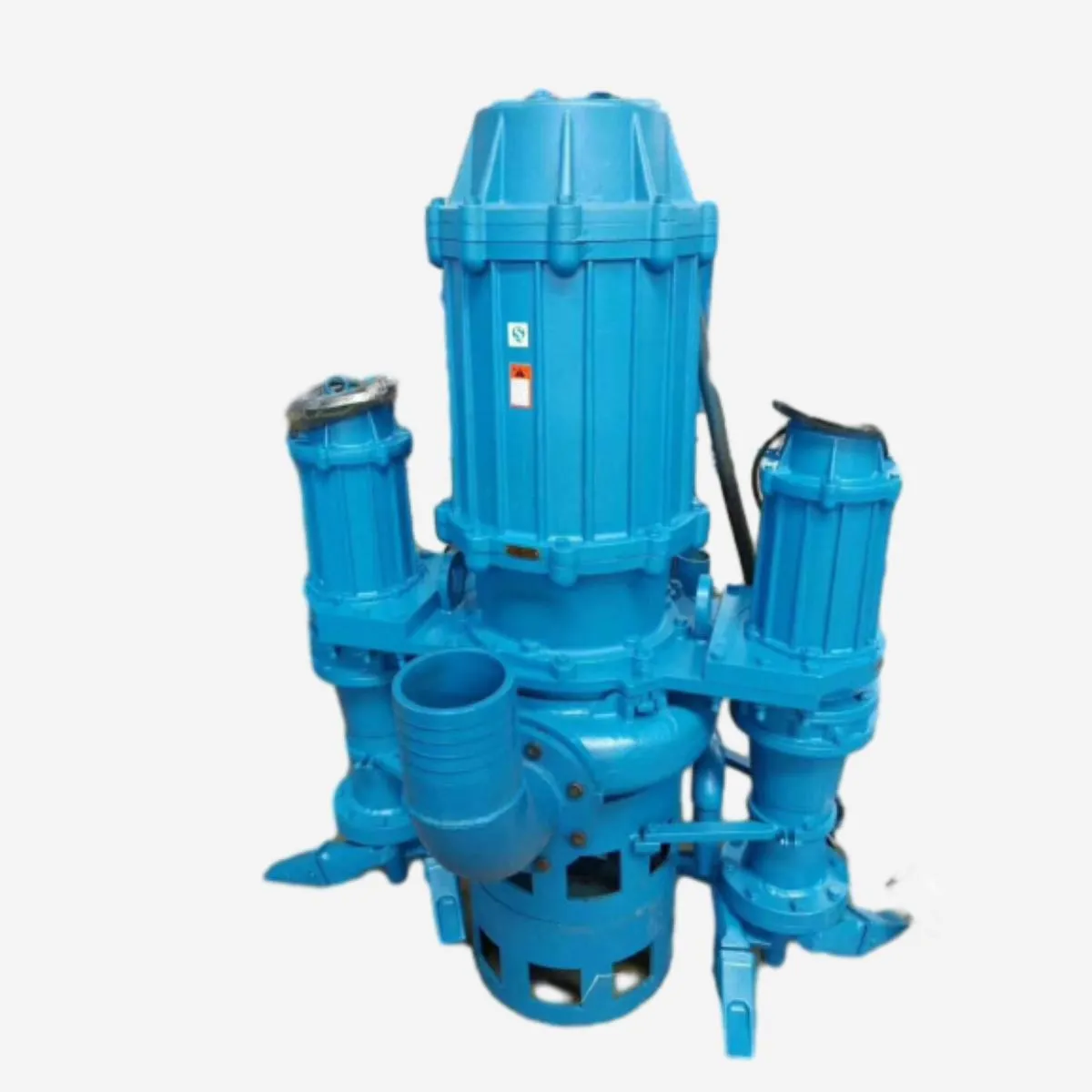TEL:
+86 13120555503
Icelandic
- Afrikaans
- Albanian
- Amharic
- Arabic
- Armenian
- Azerbaijani
- Basque
- Belarusian
- Bengali
- Bosnian
- Bulgarian
- Catalan
- Cebuano
- Corsican
- Croatian
- Czech
- Danish
- Dutch
- English
- Esperanto
- Estonian
- Finnish
- French
- Frisian
- Galician
- Georgian
- German
- Greek
- Gujarati
- Haitian Creole
- hausa
- hawaiian
- Hebrew
- Hindi
- Miao
- Hungarian
- Icelandic
- igbo
- Indonesian
- irish
- Italian
- Japanese
- Javanese
- Kannada
- kazakh
- Khmer
- Rwandese
- Korean
- Kurdish
- Kyrgyz
- Lao
- Latin
- Latvian
- Lithuanian
- Luxembourgish
- Macedonian
- Malgashi
- Malay
- Malayalam
- Maltese
- Maori
- Marathi
- Mongolian
- Myanmar
- Nepali
- Norwegian
- Norwegian
- Occitan
- Pashto
- Persian
- Polish
- Portuguese
- Punjabi
- Romanian
- Russian
- Samoan
- Scottish Gaelic
- Serbian
- Sesotho
- Shona
- Sindhi
- Sinhala
- Slovak
- Slovenian
- Somali
- Spanish
- Sundanese
- Swahili
- Swedish
- Tagalog
- Tajik
- Tamil
- Tatar
- Telugu
- Thai
- Turkish
- Turkmen
- Ukrainian
- Urdu
- Uighur
- Uzbek
- Vietnamese
- Welsh
- Bantu
- Yiddish
- Yoruba
- Zulu
Telephone: +86 13120555503
Email: frank@cypump.com
feb . 19, 2025 05:46 Back to list
septic pump
Septic systems are essential components for households not connected to city sewage systems, ensuring waste is effectively processed and safely dispersed. Central to a well-functioning septic system is the septic field pump, a crucial element that demands both understanding and attention from homeowners to maintain efficiency and prevent costly repairs.
Trustworthiness in septic system maintenance also extends to the products and brands chosen for replacement or new installation. Reliable brands offer warranties and customer support, demonstrating confidence in their products' durability and performance. Installing a high-quality septic field pump not only extends the lifespan of the septic system but also offers peace of mind, knowing that the system is less likely to fail at an inopportune time. In scenarios where expertise seems lacking, seeking expert advice can prevent unwise choices that lead to costly repairs and inefficiencies. Professionals in the field are often equipped with the latest technologies and methodologies to not only install but also monitor and maintain septic field pumps. Utilizing modern tools like wireless monitoring systems can provide real-time data, alerting homeowners to potential issues before they escalate. Authoritativeness in this domain comes from adherence to local codes and environmental regulations, which dictate the installation and maintenance requirements for septic systems. Compliance not only ensures legal operation but also protects the environment from potential contamination risks associated with improper effluent dispersion. In conclusion, the importance of a septic field pump in maintaining an efficient septic system cannot be overstated. By combining the expertise of qualified professionals, maintaining trustworthy maintenance practices, and adhering to authoritative guidelines, homeowners can ensure their septic systems operate smoothly. The experience of dealing with a well-maintained septic system not only prevents headaches but also protects the home's value and the surrounding ecosystem.


Trustworthiness in septic system maintenance also extends to the products and brands chosen for replacement or new installation. Reliable brands offer warranties and customer support, demonstrating confidence in their products' durability and performance. Installing a high-quality septic field pump not only extends the lifespan of the septic system but also offers peace of mind, knowing that the system is less likely to fail at an inopportune time. In scenarios where expertise seems lacking, seeking expert advice can prevent unwise choices that lead to costly repairs and inefficiencies. Professionals in the field are often equipped with the latest technologies and methodologies to not only install but also monitor and maintain septic field pumps. Utilizing modern tools like wireless monitoring systems can provide real-time data, alerting homeowners to potential issues before they escalate. Authoritativeness in this domain comes from adherence to local codes and environmental regulations, which dictate the installation and maintenance requirements for septic systems. Compliance not only ensures legal operation but also protects the environment from potential contamination risks associated with improper effluent dispersion. In conclusion, the importance of a septic field pump in maintaining an efficient septic system cannot be overstated. By combining the expertise of qualified professionals, maintaining trustworthy maintenance practices, and adhering to authoritative guidelines, homeowners can ensure their septic systems operate smoothly. The experience of dealing with a well-maintained septic system not only prevents headaches but also protects the home's value and the surrounding ecosystem.
Share
Next:
Latest news
-
Reliable Non-Clog Sewage Pumps with GPT-4-Turbo Tech
NewsAug.04,2025
-
High-Performance Air Pumps for Sand & Gravel | Efficient Transport
NewsAug.03,2025
-
ISG Series Vertical Pipeline Pump - Chi Yuan Pumps Co., LTD.|Energy Efficiency, Corrosion Resistance
NewsAug.03,2025
-
ISG Series Pipeline Pump - Chi Yuan Pumps | Energy Efficiency&Compact Design
NewsAug.03,2025
-
ISG Series Vertical Pipeline Pump - Chi Yuan Pumps Co., LTD.|High Efficiency, Low Noise, Durable
NewsAug.02,2025
-
ISG Series Vertical Pipeline Pump - Chi Yuan Pumps | High Efficiency, Low Noise
NewsAug.02,2025










